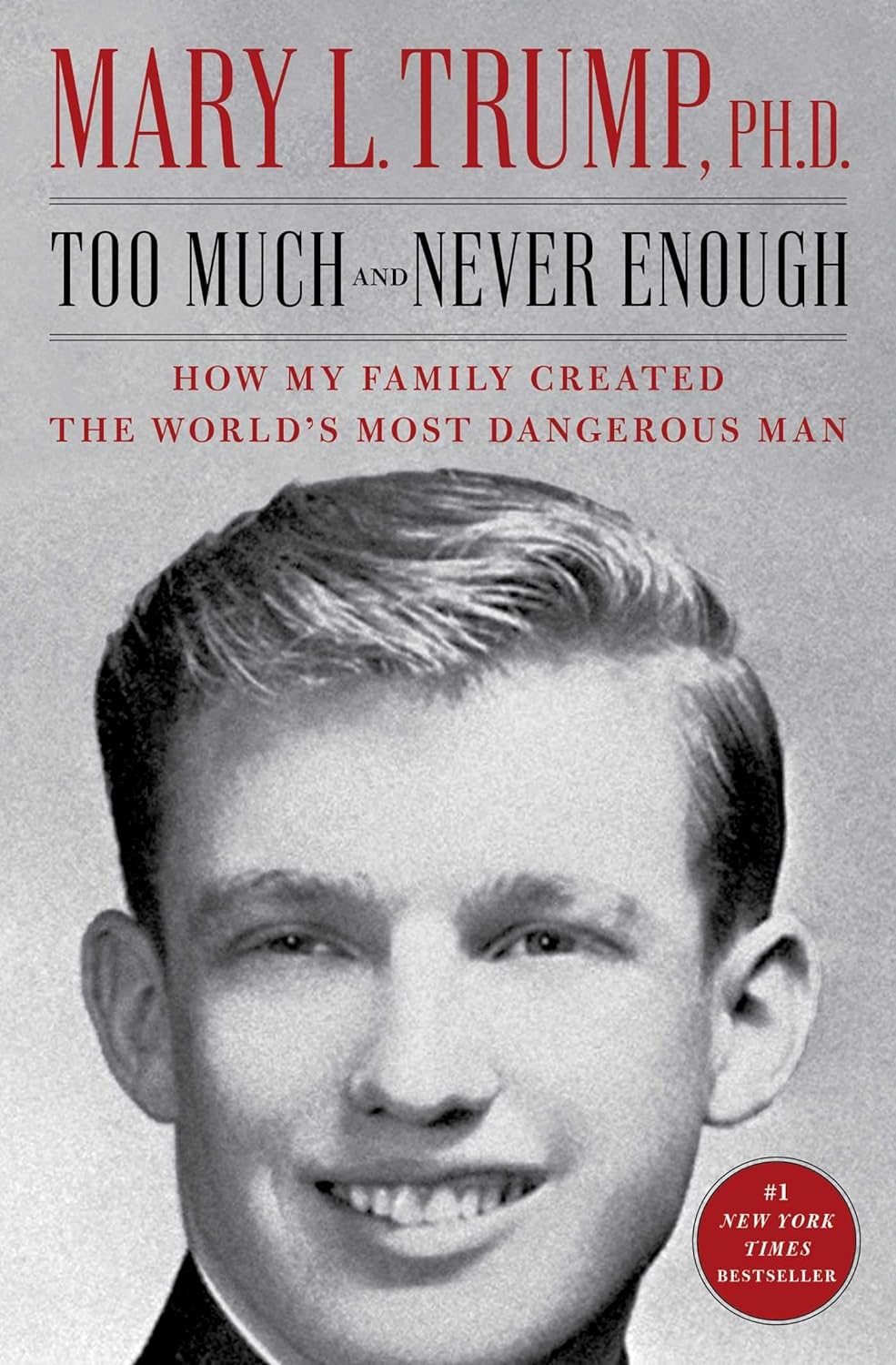BY THE VILLAGE SUN | Brad Hoylman-Sigal is going to bat for Donald Trump’s niece in her lawsuit against the ex-president.
The state senator, who is chairperson of the state Senate Judiciary Committee, recently submitted an amicus brief to the New York State Supreme Court’s Appellate Division in the case of Donald J. Trump v. Mary L. Trump.
According to the West Side state senator, the brief amplifies the original intent of the 2020 law S.52A, which Hoylman-Sigal sponsored in the state Senate. The law protects New Yorkers from SLAPPs, or Strategic Lawsuits Against Public Participation, which, the state senator says, have been used by the rich and powerful to “weaponize” the judicial system to silence their critics.
According to the four-year-old law, if a defendant’s speech or activity at issue in the litigation relates to an area of public interest, judges can consider evidence in determining whether the plaintiffs have met their burden to avoid having their claims dismissed, and must require that whoever brought the meritless lawsuit cover the defendant’s legal fees if dismissal is granted.
In the ongoing case of Trump v. Trump, the plaintiff, the ex-president, has claimed that the anti-SLAPP law does not apply to his lawsuit because, he argues, his estranged niece, Mary Trump, violated a nondisclosure agreement. Donald says his niece improperly leaked financial documents — that were part of a settlement of his father’s will — to The New York Times that informed a series of articles on how he ducked taxes and committed fraud.
Yet, the appellate court found the anti-SLAPP law to apply because Donald’s claim related to Mary’s publication of a book and the publication of a newspaper article. However, according to Hoylman-Sigal, the court then “failed to properly apply the correct procedure and burden-shifting structure.”
The amicus (or “friend of the court”) brief submitted by Hoylman-Sigal argues, “Once a defendant demonstrates that a claim targets speech on a matter of public importance, the law immediately shifts the burden to the plaintiff to demonstrate a ‘substantial basis’ for his claims supported by admissible evidence, not merely the allegations of his complaint or briefs.
“New Yorkers have already made clear that no one, including Donald Trump, is above the law,” Hoylman-Sigal stressed. “For too long, rich and powerful people with boundless resources to spend on legal fees have abused our legal system with frivolous lawsuits to silence and bankrupt their critics. That’s why in 2020 we passed some of the strongest anti-SLAPP legislation in the country. Now Donald Trump is trying to skirt our laws by claiming that the law doesn’t apply to his suit. … The speech in this case is without question of public interest and, as such, the burden must now shift to the plaintiff to demonstrate a ‘substantial basis’ for his claims.”
Trump sued the Times over the series of Pulitzer Prize-winning articles inspired by the leaked documents, but a judge dismissed the suit in 2020.
In her book, Mary Trump says that Donald’s dad, real estate developer Fred Trump, raised the future president to be “a killer,” a ruthless businessman who would be able to take over the family business. The book also details how Trump craftily tried to cut other family members — including Mary — out of inheriting any part of Fred’s real estate empire.


Be First to Comment